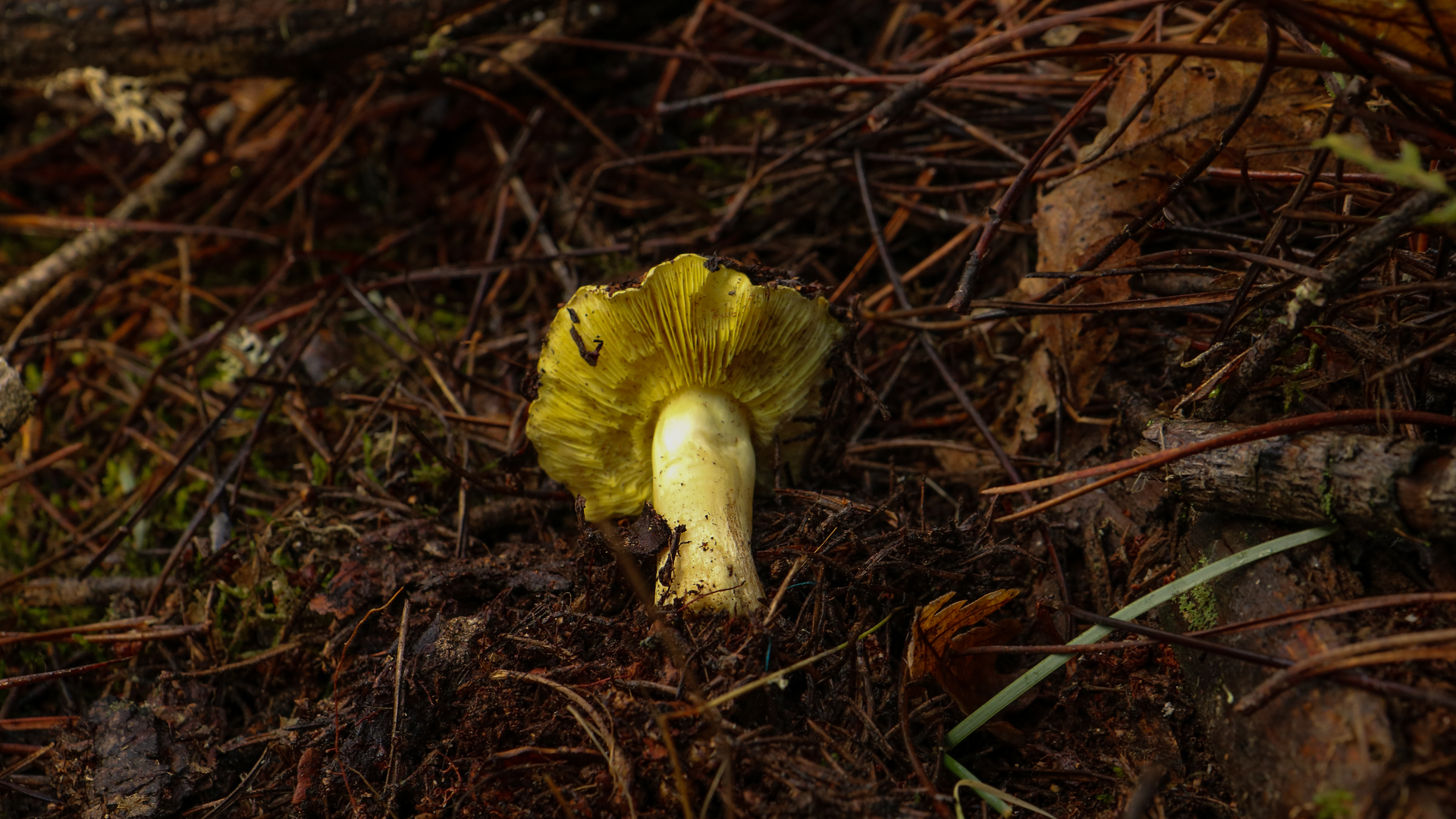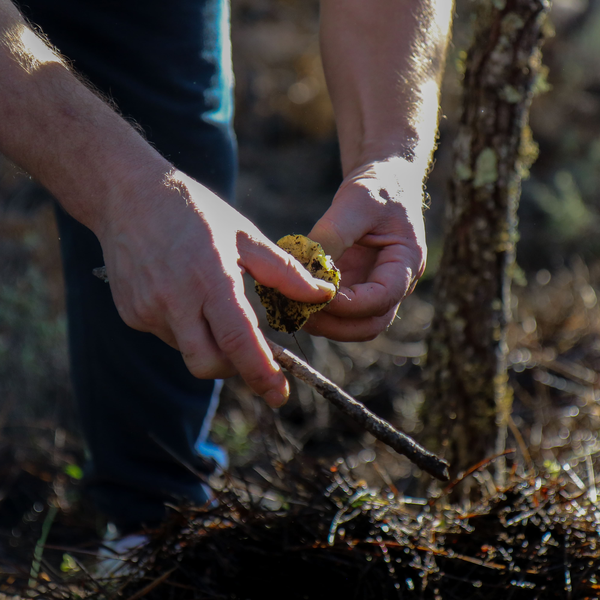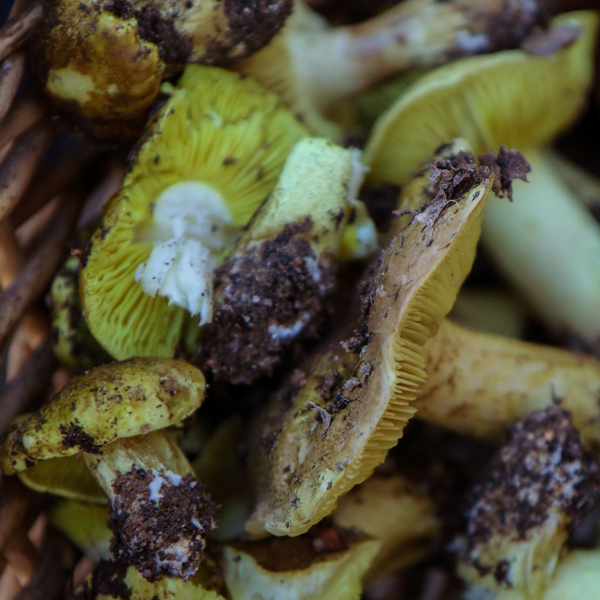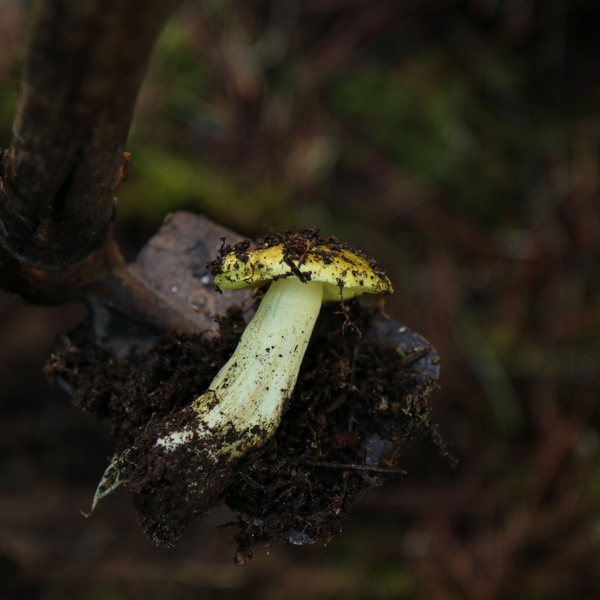
Míscaro from Dão
Míscaro from Dão
Míscaro, a true gift from the Dão region, has been a much-loved delicacy throughout the ages.
In the lush landscapes of the pine forests of Sátão, the capital of míscaro, the renowned yellow mushroom, the míscaro (Tricholoma flavovirens), flourishes.
This endogenous product is a predominant presence in the region, harvested by private collectors during the months of October and November. Wild mushrooms, such as the yellow mushroom, not only offer high nutritional value, but are also of great gastronomic interest.
The wealth of species available to pick provides a unique culinary experience, such as the delicious mushroom rice, requiring only the right knowledge to recognise the morphological characteristics of each mushroom.
The ancestral tradition of ‘picking’ wild mushrooms and míscaros dates back to ancient times, representing not only a form of nourishment, but also a vital complement to local communities' sources of income.
Sátão's yellow musk, with its seasonal exuberance, continues to be a gastronomic pearl, connecting man to nature's bounty in a deliciously unique way.
Curiosities
Timeless uniqueness
For a long time, this variety was recognised as one of the tastiest of edible mushrooms and was traded in European markets. It is said that medieval French knights used to reserve this species for their exclusive consumption, leaving other less valued ones for the peasants.
When harvesting, it requires essential care and attention
To preserve the crucial role of the yellow musk mushroom in forest ecosystems, it is advisable to use a stick with a sharp point or a chisel when harvesting these mushrooms. In this way, they can be lifted or detached without damaging or disturbing the soil, thus avoiding local destruction of the mycelium. This favours the continued production of other mushrooms in the same place and in the same year.
And when transporting them, keep them aerated in a wicker basket
The use of wicker baskets not only favours ventilation, but also facilitates the dispersal of the spores released by the harvested mushrooms. On the other hand, it is strongly discouraged to use tins, buckets or plastic bags for this purpose.



Know our



